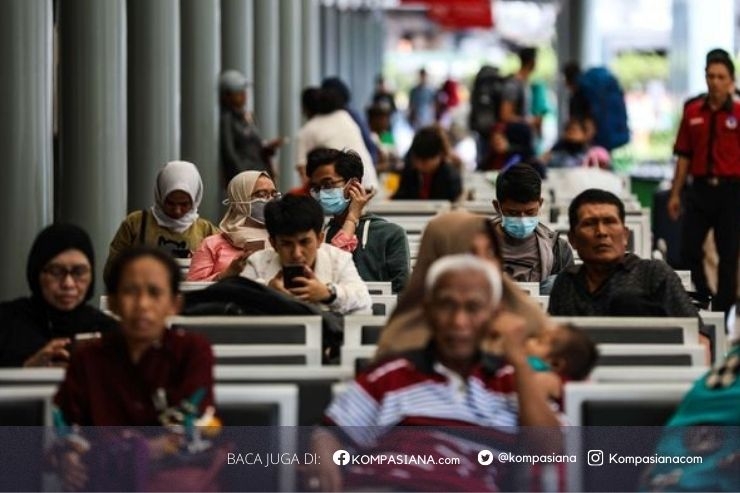To fully address the issue of equity in Indonesia's tax system, this study will also examine the relationship between the tax burden and the distribution of wealth across urban and rural sectors.
Conclusion
In conclusion, this research paper has examined the complex relationship between tax policies and income inequality in Indonesia. The findings suggest that the current tax system may be exacerbating inequality, with the tax burden falling disproportionately on the lower-income groups.
To address this issue, the study recommends that policymakers in Indonesia undertake a comprehensive review of the tax system, focusing on the distribution of the tax burden across different income groups and sectors. Additionally, the government should consider implementing more progressive tax policies, while providing targeted tax relief or incentives for the lower-income groups.
The analysis of the effects of tax incentives and the influence of wealth distribution will be crucial in informing the development of a more equitable tax system in Indonesia, one that promotes inclusive economic growth and reduces income inequality.
References
Huang, Y. (1976). Distribution of the Tax Burden in Tanzania. In Y. Huang, The Economic Journal (Vol. 86, Issue 341, p. 73). Oxford University Press. https://doi.org/10.2307/2230952
Meiryani, M., Abiyyah, M. E. A., Lindawati, A. S. L., Wahyuningtias, D., & Andrian, T. (2022). Determinants of taxpayer compliance in paying motor vehicle tax in an emerging country. In M. Meiryani, M. E. A. Abiyyah, A. S. L. Lindawati, D. Wahyuningtias, & T. Andrian, Corporate Governance and Organizational Behavior Review (Vol. 6, Issue 2, p. 24). Publishing house "Virtus Interpress." https://doi.org/10.22495/cgobrv6i2p3
Baca konten-konten menarik Kompasiana langsung dari smartphone kamu. Follow channel WhatsApp Kompasiana sekarang di sini: https://whatsapp.com/channel/0029VaYjYaL4Spk7WflFYJ2H







